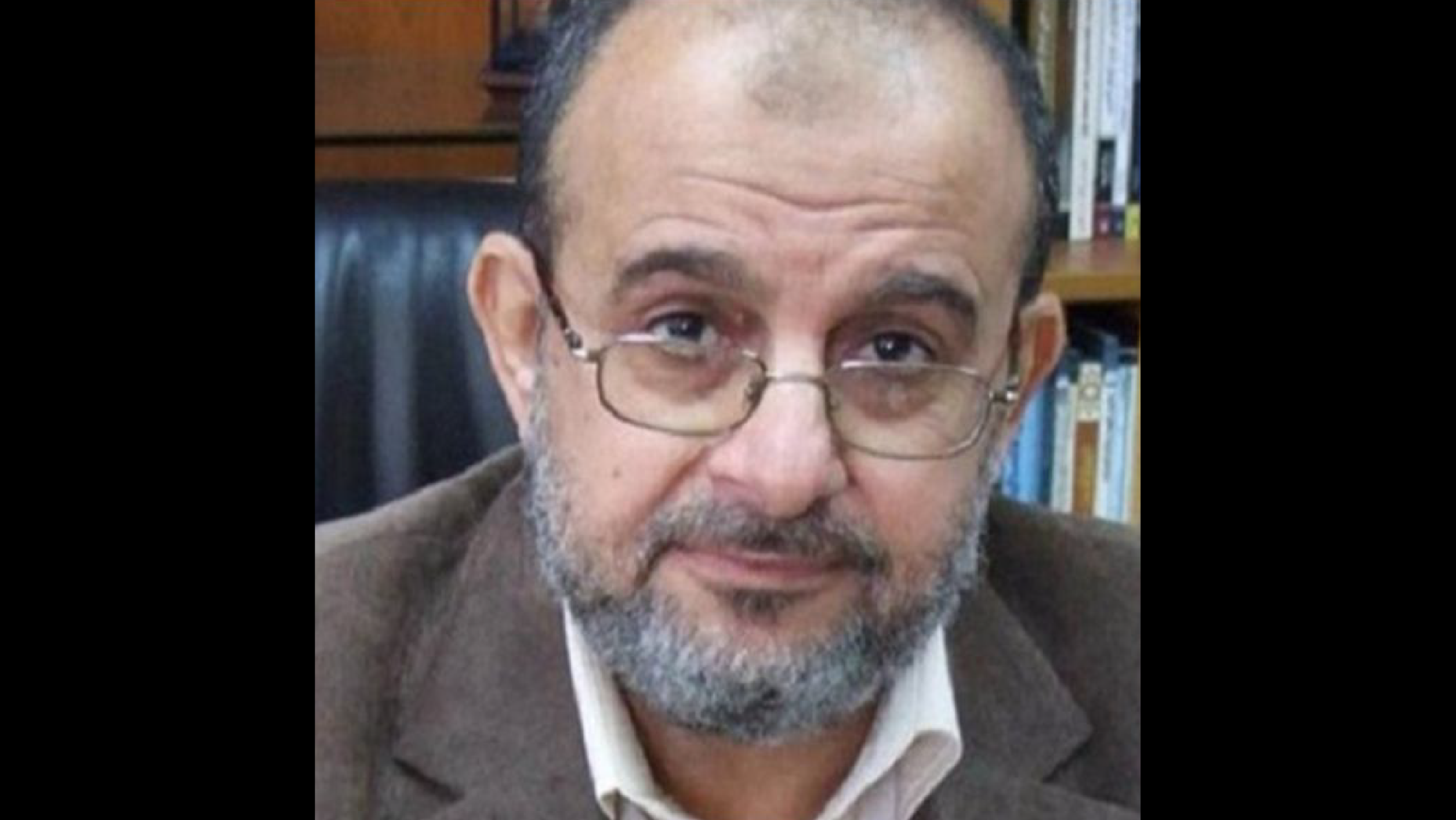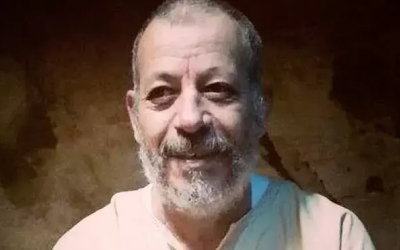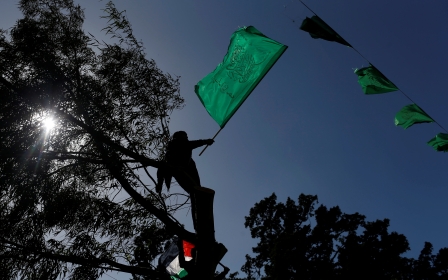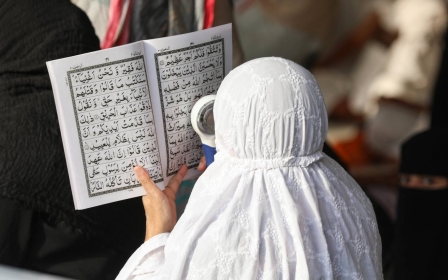Saudi Arabia should release 'arbitrarily held' Jordanian journalist, says UN

A Jordanian journalist allegedly tortured and convicted on terrorism charges in a mass trial of Palestinians and Jordanians with links to Palestine in Saudi Arabia has been held arbitrarily for four years and should be released immediately, a UN body has found.
The UN Working Group on Arbitrary Detention said Abdelrhman Farhanah's case had been "characterised by multiple fair trial rights violations" and that it found credible allegations that he had been deprived of his liberty on the basis of his Palestinian descent.
"Taking into account all circumstances of the case, the appropriate remedy would be to release Mr Farhanah immediately and accord him an enforceable right to compensation and other reparations," says the opinion released in March.
Farhanah, 66, had been working in Saudi Arabia for Jordan's Al-Sabeel newspaper and other outlets and had reportedly been based in the country for more than 30 years.
He was among over 60 Palestinians or Jordanians of Palestinian descent or with other ties to Palestine - including business people, academics, and students - who were rounded up by authorities in the kingdom between 2019 and 2020.
New MEE newsletter: Jerusalem Dispatch
Sign up to get the latest insights and analysis on Israel-Palestine, alongside Turkey Unpacked and other MEE newsletters
Many of the detainees are believed to be Hamas members who had lived in Saudi Arabia for decades. They were targeted by Saudi authorities as the kingdom's relations warmed with Israel during the roll-out of the Trump administration's "deal of the century" plan to solve the Israeli-Palestinian conflict.
Farhanah was picked up in February 2019 in Dammam in the kingdom's Eastern Province.
At first, security officers tried to arrest him for driving a stolen car, but he was able to prove that he owned the car, according to a submission filed to the UN working group on his behalf.
'Abdelrhman Farhanah has been subjected to gross abuse and inhuman treatment'
- Haydee Dijkstal, barrister
Then, without explanation or warrant, he was arrested and allegedly held for eight months in solitary confinement while his family visited security headquarters and prisons across the Eastern Province, but could not find him.
During this time, Farhanah was said to have been tortured, including being electrocuted, burned, and starved, refused access to a lawyer, and forced to sign a guilty plea.
In March 2020, he was tried on terrorism charges with around 60 others, mostly Palestinians. In August 2021 he was sentenced to 19 years in prison, which was later halved on appeal in December 2021.
He has allegedly lost 25 kilogrammes in prison and is suffering from deteriorating health, and has "fewer calls and visits than his cellmates", according to the submission filed on his behalf.
'Systemic problem'?
The working group's opinion came after it reviewed a submission filed on Farhanah's behalf and a response from the Saudi government to allegations raised in that submission.
The Saudi government said that the allegations about Farhanah's treatment were "unfounded, based on conjecture and lack evidence", and said that an internal investigation had concluded that measures taken had been "consistent with international human rights principles and norms".
But in several instances, the UN working group said it was unconvinced by the government's assertions and found allegations that Farhanah had been held incommunicado, prevented from accessing legal assistance and subjected to abuse.
It noted more broadly that it had found 70 cases of violations of international human rights obligations in Saudi Arabia over 31 years and raised concerns that the kingdom has "a systemic problem with arbitrary detention".
Farhanah's barrister, Haydee Dijkstal, said the working group had been "abundantly clear".
"Abdelrhman Farhanah has been subjected to gross abuse and inhuman treatment, and been denied his fundamental rights including to a fair trial, while being unlawfully detained for discriminatory purposes," she said.
Dijkstal also represents Mohammed al-Khoudary, the former head of Hamas in Saudi Arabia, and his son, Hani, who were also detained in the kingdom during the same wave of arrests and convicted in the same mass trial.
In October 2021, the same UN working group found that the Khoudarys had also been held arbitrarily and called for their immediate release. The elder Khoudary, who was being treated for prostate cancer before his arrest, was released a year later, but his son, like the majority of those convicted in the trial, remains imprisoned.
"They are forced to endure further abuses and rights violations, while Saudi Arabia acts with impunity and disregards the rule of law," Dijkstal said.
"The United Nations and international community should accept nothing less than immediate compliance by Saudi Arabia with the working group’s findings and recommendations of release and compensation.”
Saudi Arabia's Ministry of Foreign Affairs was approached for comment.
Middle East Eye delivers independent and unrivalled coverage and analysis of the Middle East, North Africa and beyond. To learn more about republishing this content and the associated fees, please fill out this form. More about MEE can be found here.





